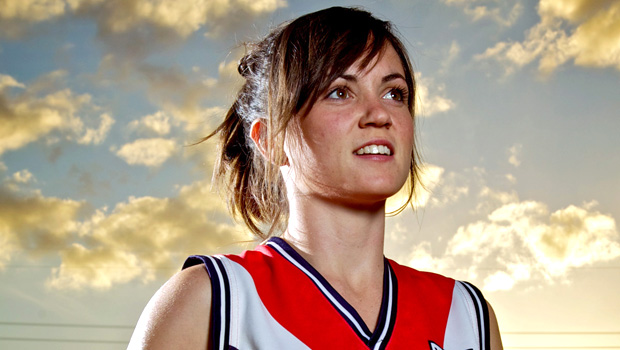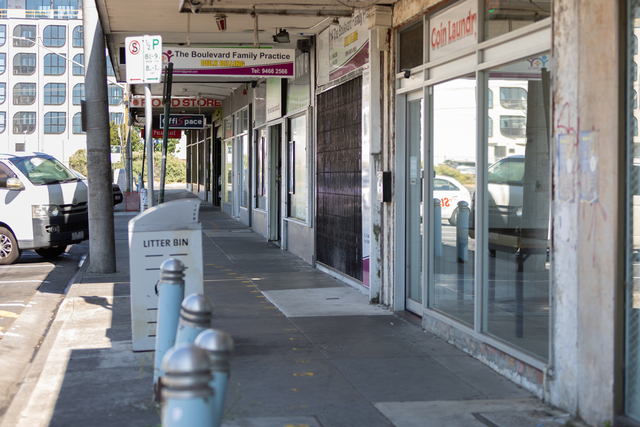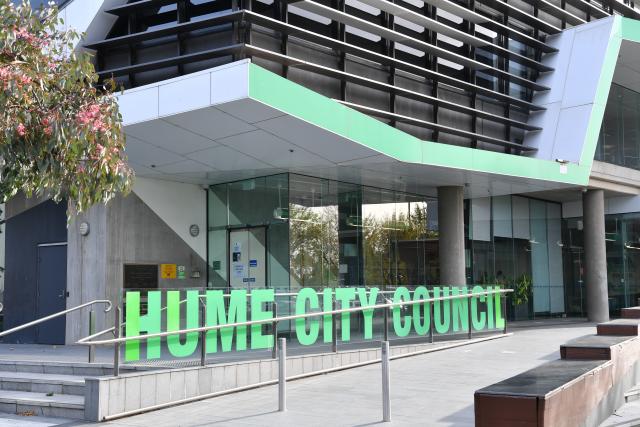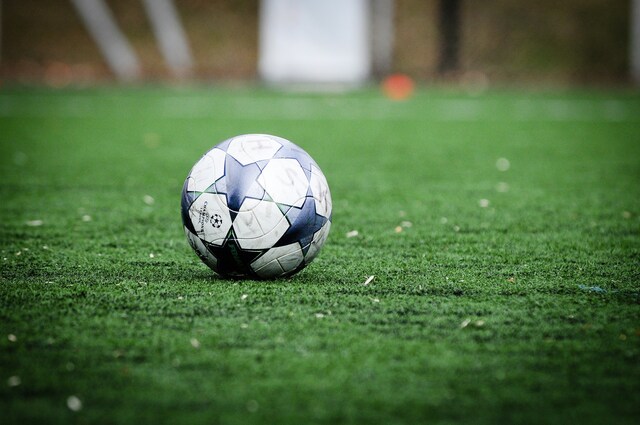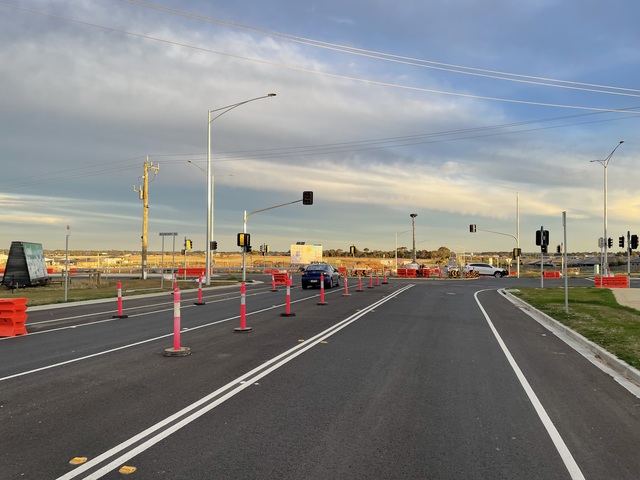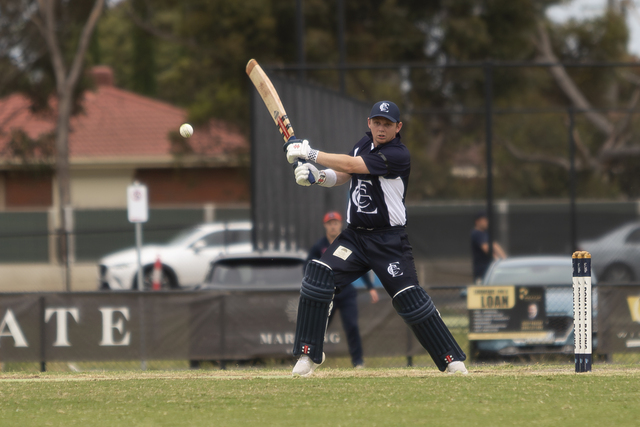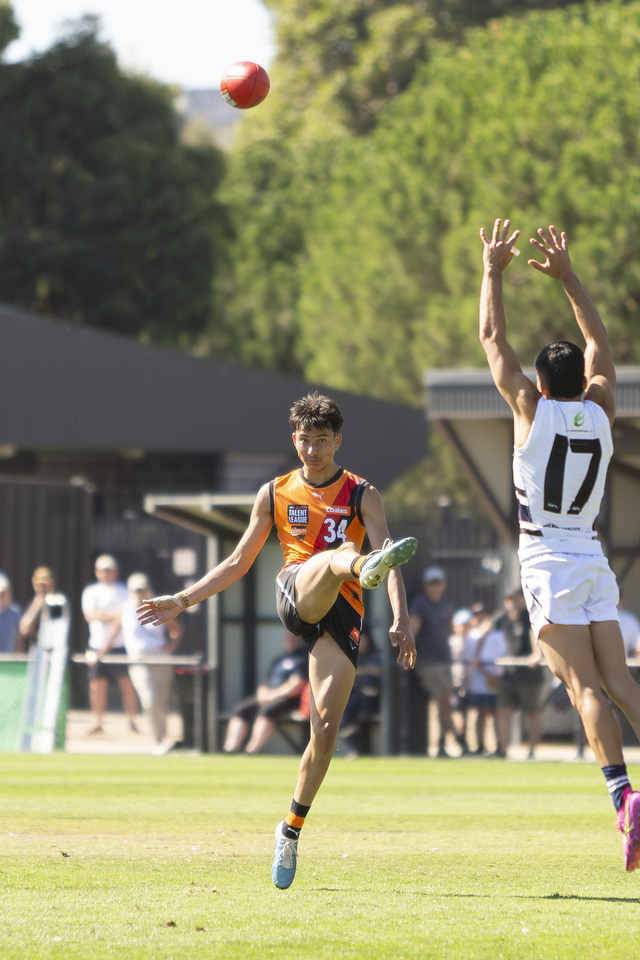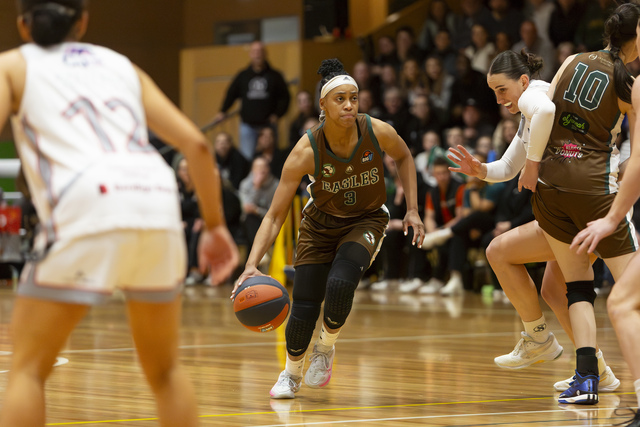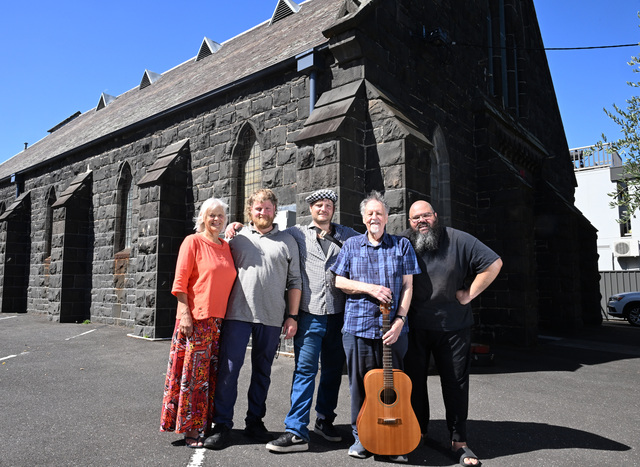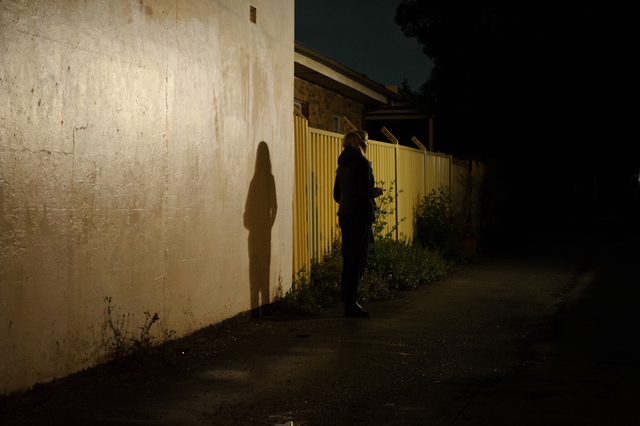Women in football are fast becoming an unstoppable force. For the first time there will be two female AFL matches this season, with Melbourne and Western Bulldogs’ women’s teams to play curtain-raisers ahead of the men’s clashes in rounds eight and 20. The Victorian Women’s Football League has also expanded to seven divisions, encompassing more teams than ever before, and AFL chief Gillon McLachlan has flagged fast-tracking the launch of a national AFL-aligned women’s competition.
It’s an exciting time, and as the footy season gets underway, The Weekly Review talks to Peta Searle in our special feature here and takes a look at 10 women changing the face of footy across the country.

1. Daisy Pearce
As the profile of women’s football continues to grow, there is perhaps no face more recognisable than Daisy Pearce. She made history in 2013 when she was the first woman ever drafted by an AFL team, taken with the number one draft pick by Melbourne for the inaugural women’s exhibition match against the Western Bulldogs. During the winter she captains the Victorian Women’s Football League powerhouse Darebin Falcons, and last September she led the team as it won its seventh premiership in a decade. “It’s going to be an exciting year, there is a lot of momentum and a lot of work has been done behind the scenes to continue growing participation at all levels,” she says. “Two games is another positive step and hopefully one day women will be able to play professionally on a fixed weekly basis.”

Daisy Pearce in 2013. Photo: Scott McNaughton
2. Sue Alberti
It would not be a stretch to call Sue Alberti the matriarch of Australian Rules football. She joined the Western Bulldogs board in 2004 and became vice president in late 2012, but her influence on football extends back many more years. She was a woman playing among men in the 1960s and she has poured thousands of dollars into growing the women’s game. She is also well-known for standing up to former player and tv personality Sam Newman, winning a payout from Channel Nine after The Footy Show panelist made defamatory remarks about her in 2008. She also chairs the Susan Alberti Medical Research Foundation, which she started after her only child Danielle died from Type 1 diabetes.

Susan Alberti. Photo: Pat Scala
3. Chelsea Roffey
Just about every footy fan is familiar with Chelsea Roffey. In 2014 she celebrated 10 years as a first-grade goal umpire, a remarkable achievement. Perhaps the pinnacle came in 2012, when she became the first woman to officiate in an AFL Grand Final, waving the flags as Hawthorn and Sydney did battle on the hallowed turf of the MCG. Away from the ground she is a respected writer and journalist.

Chelsea Roffey. Photo: Getty Images
4. Michelle Cowan
Michelle Cowan’s list of achievements is longer than a mongrel punt from the square. At just 21 years of age West Perth signed her as an assistant coach, making her the first female assistant in the West Australian Football League. In the years that followed she became a managing director of her own company and a mother, and then gained national recognition in 2013 when she was appointed Melbourne’s senior coach in the women’s exhibition match. That year she was named Football Woman of the Year and she led Melbourne to its second straight win. “It’s great that we’ve got two games for the girls to showcase their talents this year,” she says. “I’m looking forward to working with Melbourne again and I’m also head coach for the West Australian team when we play Victoria on June 5 as well.”

Michelle Cowan. Photo: Sebastian Costanzo
5. Peggy O’Neal
Hugely respected, Peggy O’Neal has lived quite the life. Born in America, she has lived in Australia for more than a quarter of a century now. She joined Richmond’s board in 2005 and became the first female president of an AFL club when elected in 2013. Outside of football, O’Neal is a lawyer, acting as a consultant to the Lander & Rogers firm. She is currently presiding over Richmond’s most successful period for many years and hopes to be the first Tigers president to witness a premiership since Ian Wilson in 1980.“

Peggy O’Neal. Photo: Getty Images
6. Debbie Lee
Debbie Lee is a giant of the women’s game. She started playing women’s football in 1991 for the now-defunct East Brunswick Scorpions, back when Aussie Rules was still very much a bloke’s game. She started her own club, the Sunshine YCW Spurs, in 1993, and last year reached 300 games. She made headlines in 2002 when she attempted to join Channel Seven’s Hammerheads team. Has also spent the past six years as community manager for Melbourne Football Club. “It’s exciting times in women’s football,” she says. “The competition in Victoria has grown to its biggest level and the game is gaining momentum as we push for a national league.”

Debbie Lee. Photo: Stephen McKenzie
7. Chelsea Randall
If Daisy Pearce is the best player in the women’s game, Chelsea Randall isn’t far behind. And she would have to be the most exciting. In the first two women’s exhibition games she has led from the front for Melbourne, among the best on ground in both games. Tall and athletic, she has a reputation for taking towering marks and running into packs without fear for her safety. She is also an ambassador for women’s football in Western Australia and a development officer for Swans District in the WAFL.

Chelsea Randall playing for Melbourne. Photo: Darren Howe
8. Jessica Blackman
From the South Croydon Auskick centre, Jessica Blackman was nominated as the Auskicker of the Week in round two last year, one of only three girls to be nominated for the year. Eight years old, she supports Richmond. “I love footy because I love kicking goals and handballing and playing with my friends,” she says.

Jessica Blackman. Photo: Supplied
9. Katie Brennan
Another young female footballer doing all she can to increase the growth of the women’s game. Aside from playing with Darebin Falcons, Victoria and Western Bulldogs, she also runs a program designed to sharpen the skills of female footballers. “We ran it for four weeks over pre-season and it went really well,” she says. “The girls were like sponges and hopefully we’ll expand the program in Victoria and interstate in the future.”

Katie Brennan playing for the Western Bulldogs. Photo: Darren Howe
10. Sam Mostyn
Mostyn has had a huge influence on the sport’s culture since 2005, when she was the first woman appointed to the AFL Commission.
She has been a strong advocate for the league’s Respect & Responsibility policy, as well as indigenous programs and the growth of women in the game on and off the field. In 2008 she was part of the Crawford Report, a review of sport in Australia that had wide-reaching effects.

Sam Mostyn. Photo: Sasha Woolley
Related Feature

